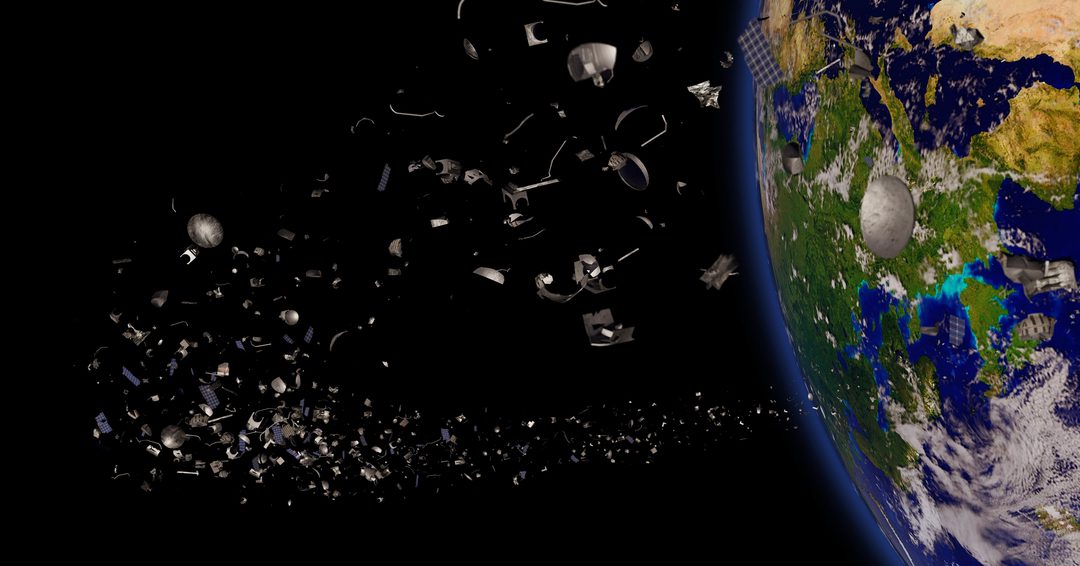(Adam Minter is the author of “Junkyard Planet: Travels in the Billion-Dollar Trash Trade”. This column first appeared in Bloomberg on September 1, 2021)
- In March, a Chinese military satellite appeared to spontaneously disintegrate in orbit, leaving a trail of debris high above the Earth. If China knew anything, it wasn’t saying. Did the propulsion system explode? Was there a collision with some of the space junk that’s accumulating in orbit? Or did something a bit more conspiratorial happen? The mystery persisted until last month, when an astronomer at the Center for Astrophysics announced the answer. Yunhai 1-02, as the satellite is known, collided with a piece of junk leftover from a 1996 Russian rocket launch. It was the first major smash-up in Earth orbit since 2009. It won’t be the last. Thanks to cost-saving advances in rocket and satellite technologies, more countries and companies are preparing to launch more stuff into orbit than ever before. As they do, the risk of collisions will only rise. The good news is that space junk is one of the rare problems where geopolitical adversaries and corporate rivals should find common cause. At least, that’s the hope…
Also Read: How to unleash the entrepreneurial power of 1.3 billion Indians: Manish Sabharwal, TV Mohandas Pai

